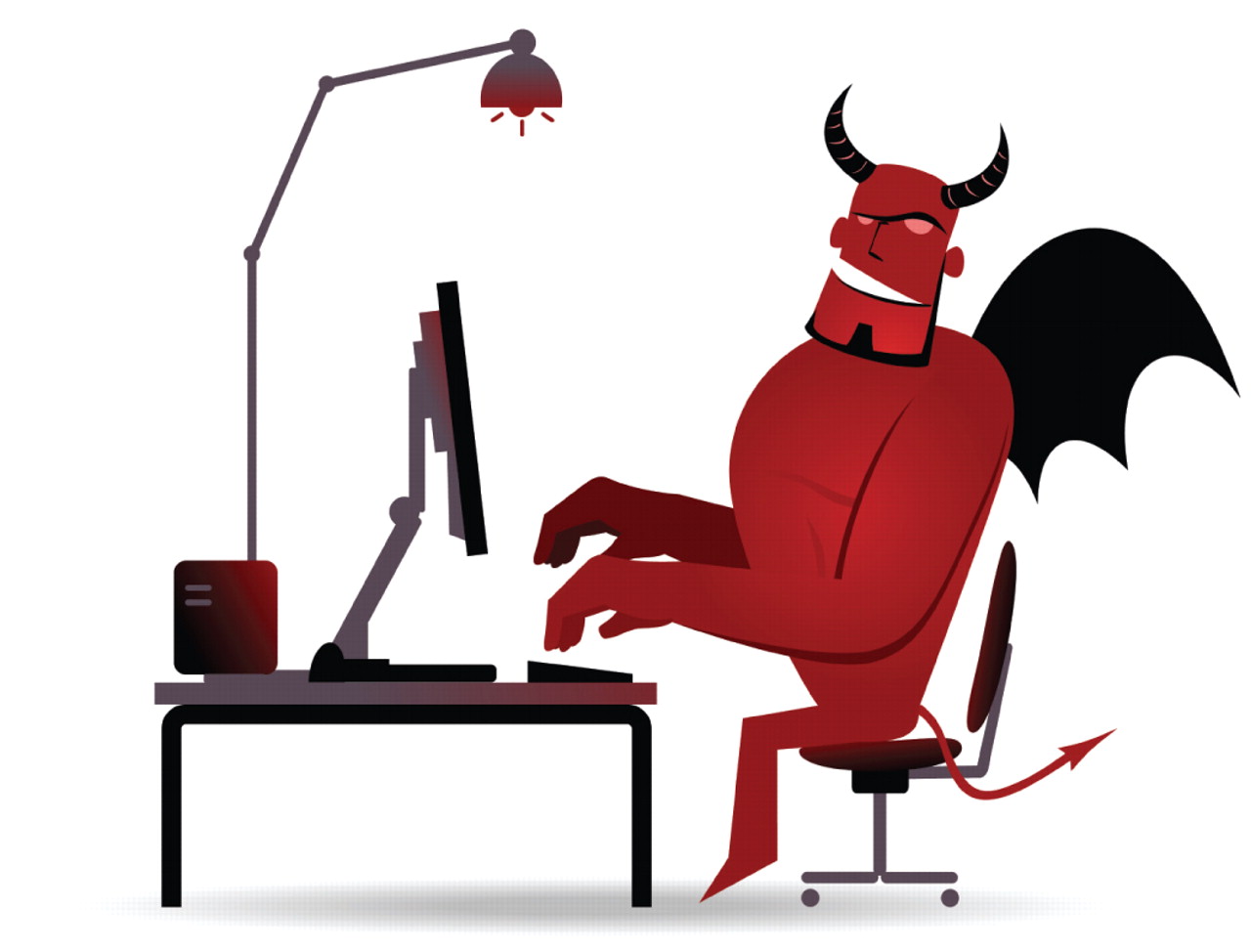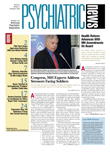Teaching professionalism to medical students may be lagging when it comes to the issue of how to behave appropriately on the Internet, according to a recent survey of U.S. medical schools.
Online behaviors by medical students that are deemed unprofessional and result in school interventions appear to be common, the anonymous survey found. Among the responses from 78 medical-school administrators in charge of student affairs, 47 (60 percent) said they were aware of at least one incident in the prior year related to students' online postings.
Among the examples cited were posting too much confidentiality-threatening information about patients on blogs and Facebook, which many respondents said were the most serious violations. Other types of incidents included posting sexually suggestive photos; posting text, photos, and videos depicting intoxication or use of illicit drugs; requesting inappropriate friendships with patients on Facebook; and using profanity or making discriminatory or disparaging comments about faculty, classmates, or their schools.
The survey was conducted by researchers from George Washington University School of Medicine and Johns Hopkins University School of Medicine. More than half (78 out of 130) of the medical schools that received the survey responded. The results were published in the September 23/30 Journal of the American Medical Association.
Trainees, faculty, and other staff were the ones who most frequently reported the incidents to administrators. Thirty of the responding schools issued informal warnings to the students involved in the incidents. Formal disciplinary actions, including temporary suspensions, were handed out at 12 of the schools. Three schools dismissed students for serious or repeated online violations.
Social-networking sites such as blogs, Facebook, Twitter, and YouTube have evolved rapidly in recent years, especially among young people. Users post and share a variety of materials, including photos and videos, in a public or semi-public manner. Data collected by the Pew Research Center showed that at least 75 percent of American young adults aged 18 to 24 use social-networking sites, and this percentage continues to grow rapidly.
Not only are medical schools struggling with setting policies for students' online behaviors, but also experienced physicians, including psychiatrists, face plenty of ethical ambiguities and dilemmas in this realm (Psychiatric News, July 17). Currently, there are no consistent, widely accepted guidelines for either physicians or medical students that clearly define the boundaries of unprofessional and unethical online behavior.
In the survey of medical schools, 28 administrators said that their school policies “broadly cover student-posted online content.” However, only five of those 28 schools explicitly address Internet use in their policies. Of the 46 schools reporting that they have no such policies, five said they were developing policies to address students' online postings.
The survey authors acknowledged that the line between unprofessional online behaviors and free speech is often unclear, and “medical students may not be aware of how online posting can … jeopardize their careers.”
Although the line regarding patient privacy is clearly drawn, other types of online expression may be out of schools' jurisdiction, said Damir Huremovic, M.D., director of psychosomatic medicine services at Nassau County University Medical Center in New York, in an interview with Psychiatric News. Huremovic gave a presentation on this subject at the APA annual meeting in May in San Francisco.
Huremovic questioned whether medical schools have a role in regulating students' postings on Facebook or on personal Web spaces. “I don't think we should be policing private behaviors,” he commented. “Doctors use profanities outside of their work, and they should be allowed to do so.” Students should be afforded similar freedom of expression in their private lives, he believes, and schools need to spell out official policies and expectations about students' Internet postings clearly and in advance.
The president of the American Medical Student Association (AMSA), Lauren Hughes, M.D., told Psychiatric News that she has heard similar issues from AMSA members and other students. AMSA currently has no plan to issue formal advice or guidelines for students' online conduct, but Hughes expects schools to incorporate the discussion about online behaviors into their overall teaching about professionalism and ethics. “It's a tricky balance between having a respectable online presence and freedom of speech,” she agreed.
A recent graduate herself, Hughes has her own page on Facebook, but she said she is very careful about what she puts on it and about setting access limits to the page. However, setting restrictions is no guarantee. Huremovic pointed out that many users do not realize that strangers who are associated with their “friends” can also view their messages.
“I tell my students to be very careful, because anything you post may come back to bite you,” he said. “Whatever you put on the Web is public.” He also pointed out that online postings can exist for a long time on the Web, and past indiscretions may cause problems years later.
Huremovic believes that the confusion surrounding the intersection of online behaviors and professionalism will only grow larger, and medical schools, associations, professionals, and students will have to engage in more open discussions, particularly because students and school administrators may have vastly different opinions about where the boundaries of privacy lie on the Internet.
“Think about potential consequences before you post something online,” Hughes advised. “Some students have a feeling of invincibility, and some are just unaware of the potential risks to their careers.”

